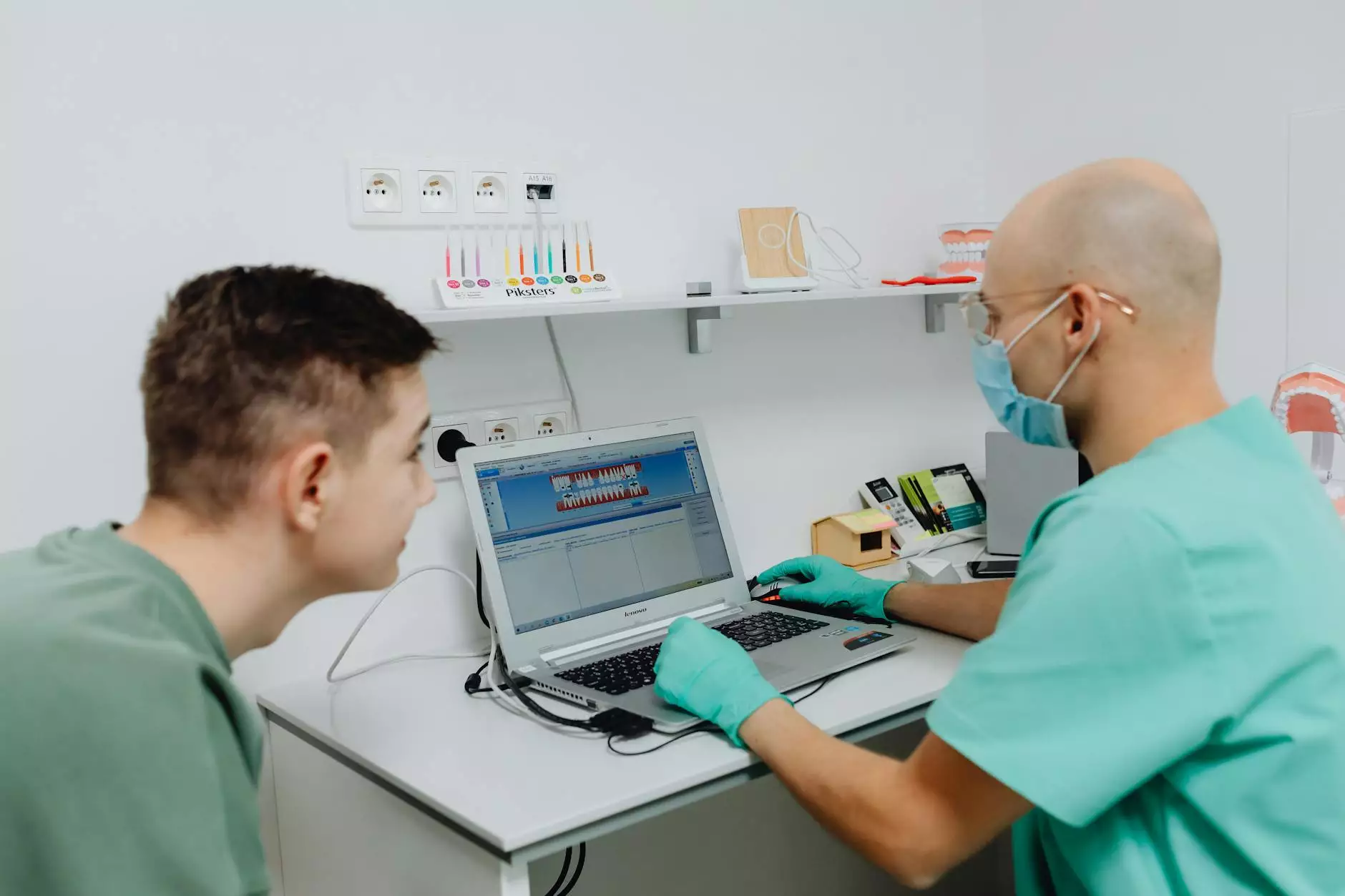Understanding Oncology Doctors: Their Role in Cancer Treatment

In the complex field of healthcare, few specialties are as crucial as that of oncology. The influence of oncology doctors extends beyond mere diagnosis; they are the frontline warriors in the battle against cancer. In this extensive article, we will delve deep into the multifaceted responsibilities of oncology doctors, the advancements they are pioneering, and the essential role they play in improving patient outcomes.
What is Oncology?
Oncology is a branch of medicine that focuses on the diagnosis, treatment, and prevention of cancer. It encompasses a wide variety of healthcare professionals dedicated to addressing every aspect of cancer management. This includes the nuanced work of oncology doctors, who work to ensure that a patient's journey through diagnosis, treatment, and recovery is as smooth and effective as possible.
Types of Oncology Doctors
Within oncology, there are several subspecialties, each focusing on different aspects of cancer treatment:
- Medical Oncologists: Specialists who focus on non-surgical treatment options such as chemotherapy, immunotherapy, and targeted therapy.
- Surgical Oncologists: Physicians who perform surgeries to remove tumors and nearby tissue.
- Radiation Oncologists: Experts who use radiation therapy to treat cancer.
- Pediatric Oncologists: Specialists who focus on diagnosing and treating cancer in children.
- Gynecologic Oncologists: Doctors who specialize in cancers of the female reproductive system.
The Essential Role of Oncology Doctors
Oncology doctors serve a pivotal role in patient care, tasked with various responsibilities that significantly impact patient outcomes. Here are some critical functions they perform:
1. Accurate Diagnosis
The journey of battling cancer begins with an accurate diagnosis. Oncology doctors utilize a range of diagnostic tools, including:
- Imaging Tests: Techniques such as MRI, CT scans, and PET scans provide detailed visuals of potential tumors.
- Biopsies: Removing a small sample of tissue to examine for cancer cells.
- Blood Tests: These can reveal biomarkers indicative of certain types of cancer.
Through thorough assessment and diagnostic accuracy, oncology doctors lay the groundwork for effective treatment plans.
2. Developing Treatment Plans
After a diagnosis, oncology doctors tailor personalized treatment plans based on the type and stage of cancer, as well as the patient’s overall health and preferences. Treatment often involves:
- Chemotherapy: The use of powerful drugs to kill cancer cells.
- Radiation Therapy: Targeting cancer cells with high-energy particles or waves.
- Surgery: Physically removing tumors and affected tissue.
- Immunotherapy: Harnessing the body’s immune system to fight cancer.
This multidisciplinary approach ensures a comprehensive strategy to combat cancer effectively.
3. Continuous Patient Monitoring
Monitoring patient progress is crucial in oncology. Oncology doctors regularly evaluate treatment effectiveness and adjust plans as needed. This process includes:
- Regular Check-Ups: Frequent visits to assess health and recovery.
- Managing Side Effects: Addressing adverse reactions to treatment to improve quality of life.
- Surveillance for Recurrence: Ongoing assessments to catch any signs of cancer returning.
Through diligent monitoring, oncology doctors can provide timely interventions and support patient resilience in the face of illness.
The Impact of Technology on Oncology
The field of oncology has seen remarkable advancements thanks to technological innovation. With the integration of technology, oncology doctors can utilize:
- Precision Medicine: Tailoring treatments based on genetic analysis of tumors.
- Telemedicine: Expanding access to consultation and care through virtual health platforms.
- Artificial Intelligence: Enhancing diagnostic accuracy and treatment planning through data analysis.
These advancements not only improve the accuracy of treatments but also transform patient experiences, making care more accessible and personalized.
The Importance of Emotional Support
Cancer treatment is as much about the mind and spirit as it is about the physical body. Oncology doctors recognize the need for supportive care, which includes addressing the emotional health of their patients. Some ways they offer support include:
- Counseling Services: Connecting patients with mental health professionals who specialize in cancer care.
- Support Groups: Facilitating community connections for shared experiences and encouragement.
- Educational Resources: Providing patients and families with information about their diagnosis and treatment options.
By prioritizing emotional well-being, oncology doctors can enhance overall patient outcomes and promote resilience during treatment.
Future Directions in Oncology
The field of oncology is dynamic, constantly evolving to meet the challenges presented by cancer. Some promising future directions include:
- Research into Cancer Vaccines: Developing vaccines to prevent or treat various cancers.
- Advancements in CAR T-Cell Therapy: Improving immunotherapy techniques for a more targeted approach.
- Integration of Genomic Data: Continued exploration of genomics to personalize treatment plans further.
As research progresses, the role of oncology doctors will adapt, ensuring that they remain at the forefront of groundbreaking cancer treatment strategies.
Conclusion
Oncology doctors represent a beacon of hope for patients facing one of life's most challenging battles. Through their expertise, comprehensive care, and dedication, they illuminate the path from diagnosis to recovery. Whether through groundbreaking treatments or compassionate support, the impact of oncology doctors reaches far beyond the confines of a medical office or hospital.
As we continue to learn more about cancer and its treatment, the importance of oncology doctors in this journey cannot be overstated. Their ongoing commitment to advancing treatment and care is crucial in the fight against cancer, reminding us that while the road may be long, we are not alone.
For more information about oncology care and finding specialized oncology doctors near you, visit oncologicalsurgery.net.









